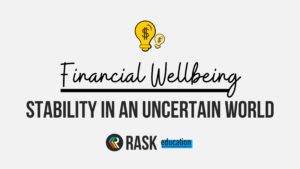Revenue is what you sell. Think about it as s the money that you get for selling a product (e.g. books) or services (e.g. hairdressing) to another person or business.
For example, if a retail company sells you a toaster for $50, that’s $50 of revenue for the retailer.
Revenue is measured before costs.
For example, if it cost $10 to buy the toaster, the retailer’s revenue is still $50 – not $40. It’s recorded before costs.
International Accounting Standard 18 – Revenue deals with how companies record revenue in their financial statements.
You can find revenue on a company’s Income Statement.
Revenue is recorded when:
- The amount of money can be reliably measured
- The seller is more likely than not to receive the money
- The costs incurred can be measured reliably
Is Profit Different to Revenue?
Revenue is the first thing you see on a financial statement (it’s at the top of the Income Statement), and it’s the first thing a company receives from a sale. Meaning, it’s before costs.
Profit is also found on the Income Statement, but it’s found down the bottom – after costs, expenses and taxes have been deducted.
[ls_content_block id=”27643″]



